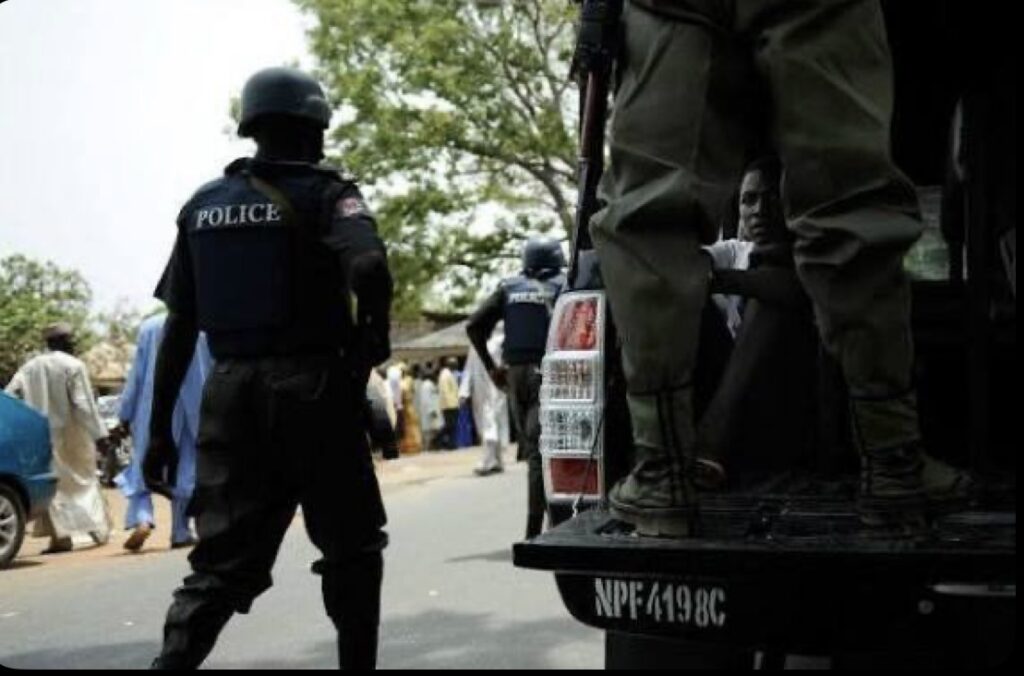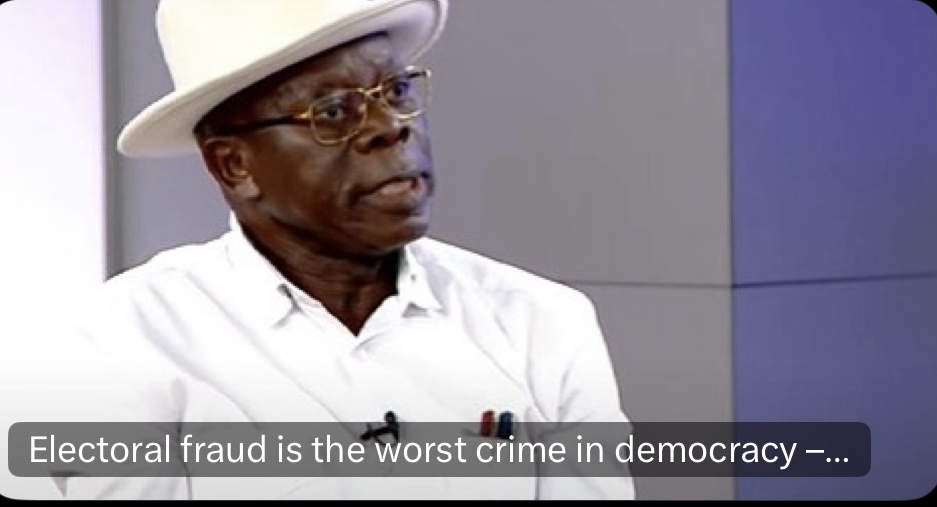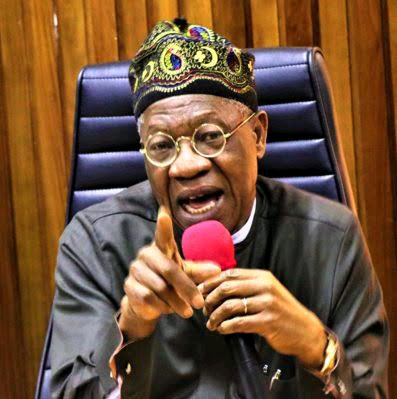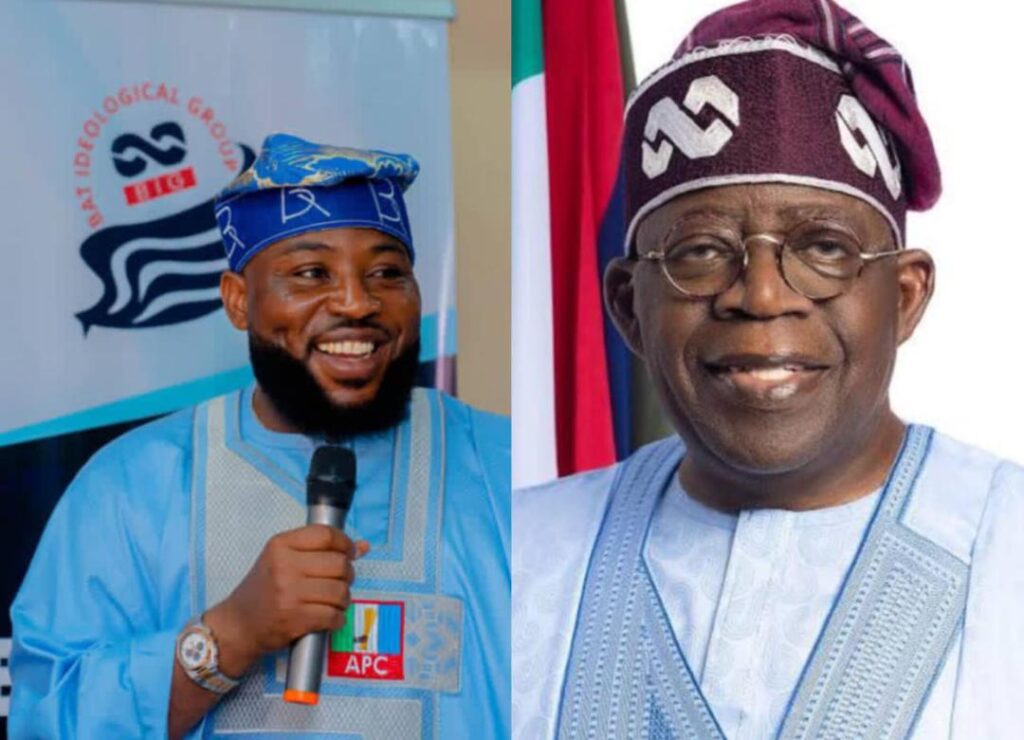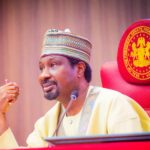Tension Escalates as Wike’s Faction Clashes with Governors Makinde, Bala Mohammed, Others at PDP Secretariat
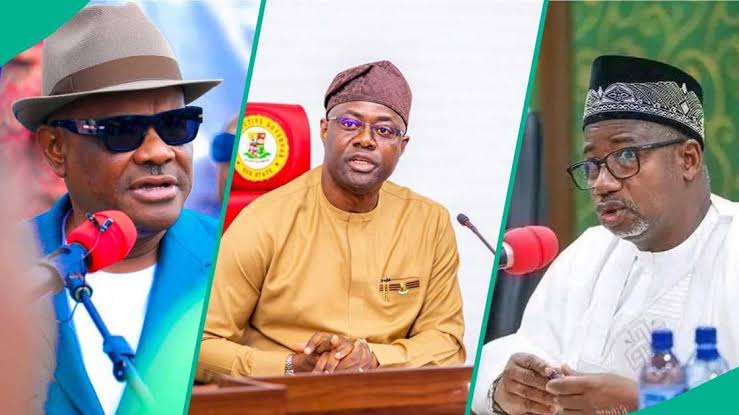
Tension within the Peoples Democratic Party (PDP) escalated on Monday as factional disputes came to the fore, with reports of a political standoff involving former Rivers State Governor and PDP power broker Nyesom Wike, Oyo State Governor Seyi Makinde, and Bauchi State Governor Bala Mohammed.
The development underscores the deepening leadership crisis within Nigeria’s main opposition party ahead of its national convention.
The conflict stems from Wike’s recent withdrawal from previously agreed reconciliation arrangements within the party.
In a series of statements, Wike accused Governor Makinde of being “the architect” of the PDP’s internal problems, while also alleging that Governor Bala Mohammed reneged on commitments he made in earlier negotiations.
Wike claimed that key resolutions reached during private meetings, including agreements on the role of Senator Samuel Anyanwu as National Secretary, had been violated.
The dispute has exposed a sharp divide among the PDP’s leadership. While Wike’s faction insists that certain National Working Committee (NWC) and Board of Trustees (BoT) decisions are invalid, the opposing camp maintains that the party’s National Executive Committee (NEC) remains the only legitimate decision-making body.
The disagreement has prompted heated exchanges among governors and party officials, with both sides accusing each other of acting in bad faith.
National Publicity Secretary Debo Ologunagba sought to downplay fears of a full-blown crisis, stressing that the PDP’s national convention, held between November 15–16 in Ibadan, Oyo State, remains the only legitimate gathering.
He emphasized that all organs of the party, including the NEC, BoT, and NWC, have agreed to the convention’s decisions.
Political analysts say the standoff highlights the fragile state of internal democracy within the PDP. The unresolved tensions risk undermining party cohesion, especially as factions contest control over key appointments and the direction of party leadership.
Observers note that how the dispute is resolved in the coming days could have lasting implications for the party’s stability and its prospects in national politics.


